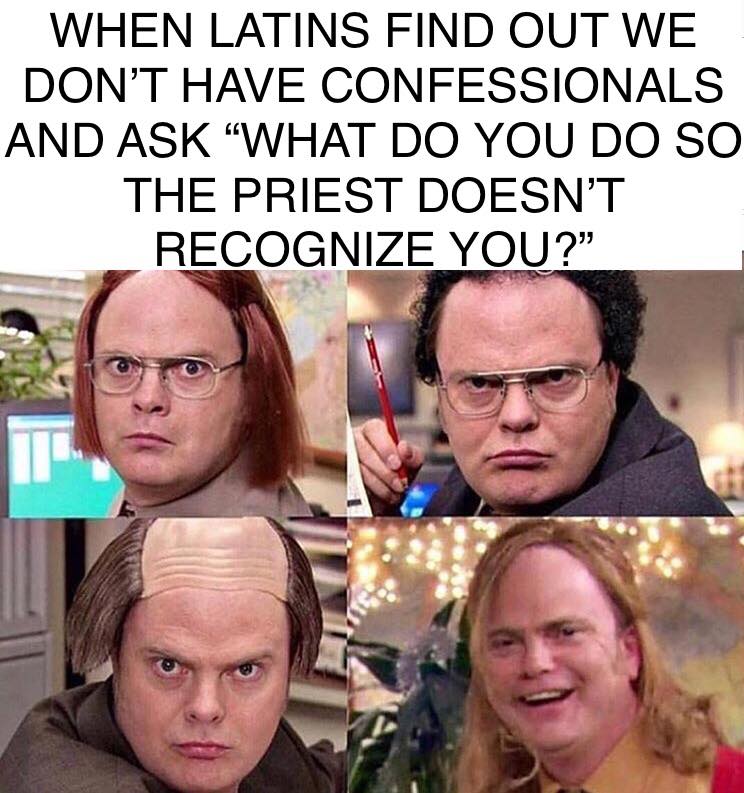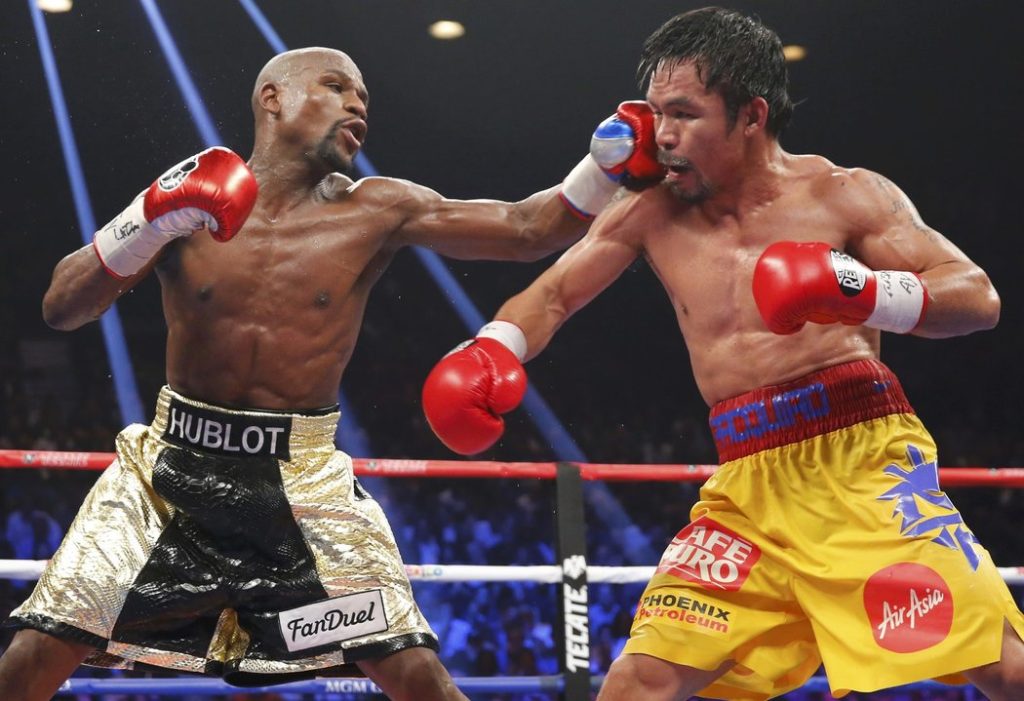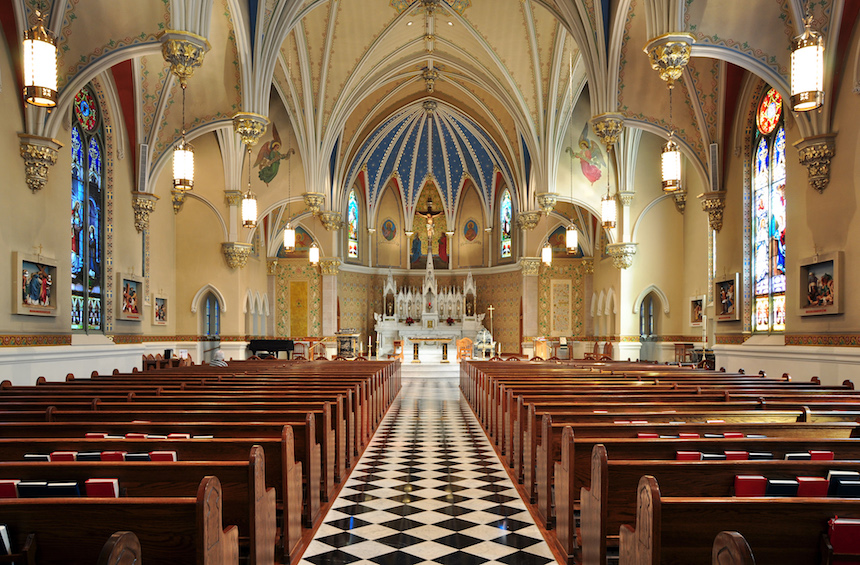The Great Divorce: Chapter 14


Summary
Lewis suddenly sees a vision, “a great assembly of gigantic forms all motionless…standing forever about a little silver table…[where] there were little figures like chessmen who went to and fro doing this and that…[each the] puppet representative of some one of the great presences that stood by. And the silver table is Time. And those who stand and watch are the immortal souls of those same men and women”. This vision terrifies Lewis and asks MacDonald if “all that I have been seeing in this country false? These conversations between the Spirits and the Ghosts were they only the mimicry of choices that had really been made long ago?”. His teacher says that alternatively you might say they were “anticipations of a choice to be made at the end of all things”, but that it would be better to say neither. The point was that on this journey he had seen the choices a bit more clearly than on earth because “the lens was clearer. But it was still seen through the lens. Do not ask of a vision in a dream more than a vision in a dream can give”. It is at this point that Lewis realizes that he is not actually dead and only dreaming. MacDonald warns him that, when he tells others, to emphasize that it was only a dream.
The vision of the chessemen fades and he is back in the wood again. Standing with his back to the sunrise, Lewis seeing the land light up before him as the sun rises. Suddenly the air is filled with “hounds, and horns; …ten thousand tongues of men and woodland angels and the wood itself sang”. Screaming, Lewis buries his face in the folds of MacDonald’s robe, but “The light, like solid blocks, intolerable of edge and weight, came thundering upon my head”. In the next moment, the folds of MacDonald’s garment become the folds of Lewis’ ink-stained cloth which he had pulled down as he fell from his chair. The blocks of light turn out to only be the books which he had pulled from the table. He wakes up “in a cold room, hunched on the floor beside a black and empty grate, the clock striking three, and the siren howling overhead”.
Questions
Q1. How do you understand the vision of the chessmen? How does Lewis now understand this journey? What warning does MacDonald give Lewis?
Q2. Why is Lewis terrified by the sun?
Previous Chapter | Index | End of Book!

 The problem with Christian media…
The problem with Christian media…
 Well this is a little different!
Well this is a little different!


